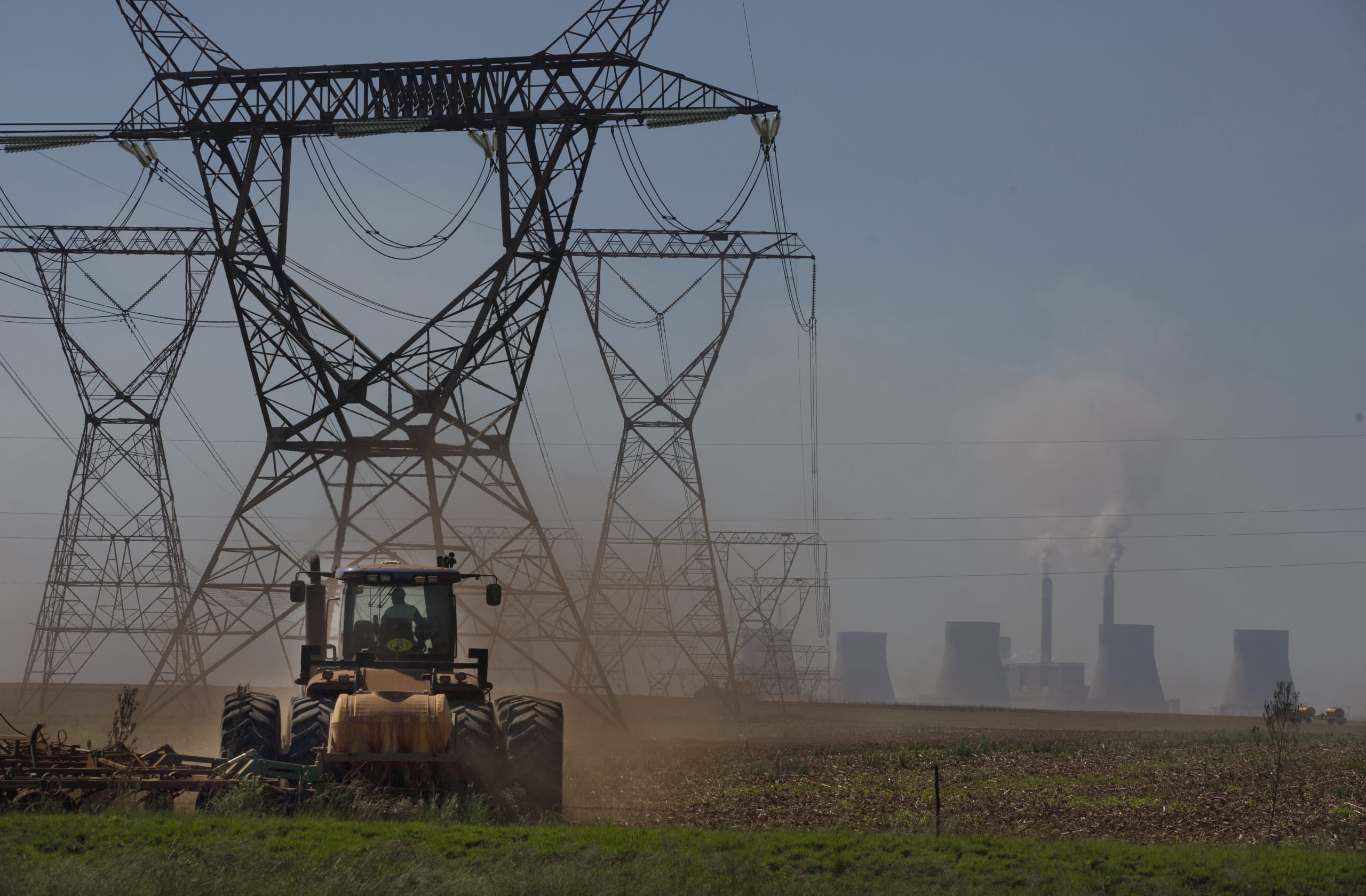We bring news that matters to your inbox, to help you stay informed and entertained.
Terms of Use and Privacy Policy Agreement
WELCOME TO THE FAMILY! Please check your email for confirmation from us.
The electricity shortages that plague many of Africa’s 54 countries are a serious drain on the continent’s economic growth.
CAPE TOWN, South Africa (AP) — The South African government on Wednesday terminated the national state of disaster it declared two months ago to deal with an electricity crisis, although there are no signs that the power problems are ending.
The government ended the state of disaster while Africa’s most developed economy still wrestles with nationwide rolling blackouts — currently for six hours a day — due to failures at the state-run power company, Eskom.
Analysts have this week warned that Eskom’s own forecasts indicate that South Africa’s businesses and its 60 million people will experience electricity cuts for at least another year.
The national state of disaster was announced by South African President Cyril Ramaphosa during his State of The Nation address on Feb. 9. It would allow the government to exempt essential services like hospitals and water treatment plants from power blackouts and free up public money to purchase additional power from neighboring countries on an emergency basis, Ramaphosa said.
Ramaphosa has also since appointed a new cabinet minister whose sole responsiblity is to deal with the electricity crisis.
The government said in a statement Wednesday that the state of disaster had been “a necessary response” to “critical” levels of power cuts at the time it was issued.
The frequency of the blackouts has only eased slightly from up to 10 hours a day in February. The blackouts are usually applied in two-hour blocks before the electricty is switched back on for a period.
South Africa has also issued state of disaster declarations recently in response to the COVID-19 pandemic and flooding.
The electricity problems have been blamed on years of mismanagement and corruption at Eskom, which is struggling to keep its aging coal-fired plants running. Eskom has been unable to provide a constant supply of electricity and relied on blackouts to save power for years but the cuts in 2022 were the worst the country has experienced.
They were a key contributor to South Africa’s economy shrinking by 1.3% in the fourth quarter of last year, economists said, raising fears that the country is on the brink of a recession.
TheGrio is FREE on your TV via Apple TV, Amazon Fire, Roku, and Android TV. Please download theGrio mobile apps today!

